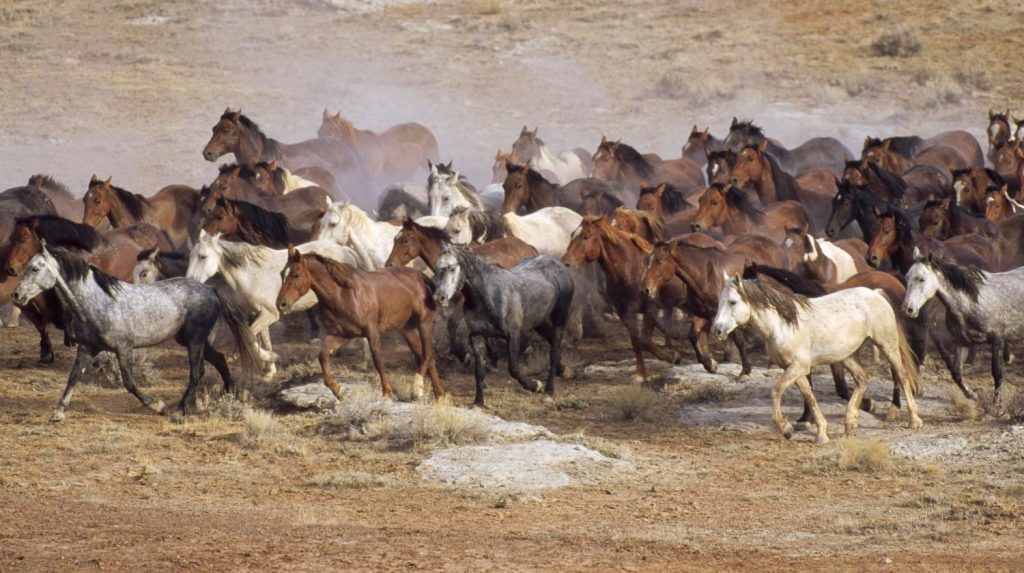Joe Biden’s proposed American Families Plan promises billions to families with children. But paying for it could have a devastating impact on family farms. That’s because the plan includes large increases in farm transfer taxes.
By Gailon Totheroh for Just the News
President Joe Biden’s proposed American Families Plan promises billions to families with children. But paying for it could have a devastating impact on family farms. That’s because the plan includes large increases in farm transfer taxes.
Craig Hill, the president of Iowa Farm Bureau said, as it stands, the proposal could become law with serious impact on farm families. Hill said the AFP is a major threat to passing farms to the next generation.
AFP can be contrasted with vows in the Biden administration’s Rural Plan, developed for last November’s election and published online. That document promises an approach “that partners with rural communities to invest in their unique assets, with the goal of giving young people more options to live, work, and raise the next generation in rural America – making sure the wealth created in rural America stays in rural America.”
The Rural Plan commits to “making it easier to pass farms and ranches onto the next generation.”
Hill told The Center Square that simply is not true of Biden’s proposal. The current cost of Iowa farms is inflated by easy money and the dollar value of transferred family farms could end up incurring tax far beyond families’ ability to pay.
The planned exemption for a married couple is a million dollars. Any excess would likely be taxed at about 40%. Given the average Iowa farm size of 359 acres at the current value of $7,559 per acre, that would leave the couple with $1.7 million exposed to taxes.
That amount is after the exemption is figured. The tax bill could reach as much as $680,000.
The realities of family farm business need to be figured into any proposal, Hill insists. Otherwise farm families could find themselves in a no-win situation burdened by even higher levels of debt or forced to sell.
As an example, he cites the “60% decline in the ’80s of farm values.” A similar decline down the road could mean farms would have paid large tax bills based on unrealistic, inflated numbers.
In short, the variables of farm income, including perennial narrow margins and unpredictable crop yield seasons, do not appear to warrant what Hill describes as crippling taxes.
Another elected official has written an editorial adding to Hill’s and Peterson’s concerns. Sen. John Boozman of Arkansas serves as the top Republican on the Senate Committee on Agriculture, Nutrition, and Forestry.
The senator especially rejects imposition of capital gains taxes by changing Section 1031 of the tax code. Section 1031 permits taxpayers, including family farmers, to swap properties and defer the capital gains tax.
“Family farmers often use the 1031 exchange to invest the returns from the sale of farm assets into new farm assets of similar or greater value,” Boozman wrote in an opinion piece for the Washington Examiner.
However the president’s proposal puts a cap of $500,000 on use of Section 1031. That would restrict a 100-year-old tool used by family farms, Boozman says, “The land swap tax will dry up the farmland market, create barriers to entry for new or beginning farmers, and stunt agriculture business growth and reinvestment in much of rural America.”




Land is Always Paid For with After Tax Dollars.
Soo any further tax on land is Truly Double Taxation
Land should NOT be taxed at all.
Meanwhile, back in the USSR.